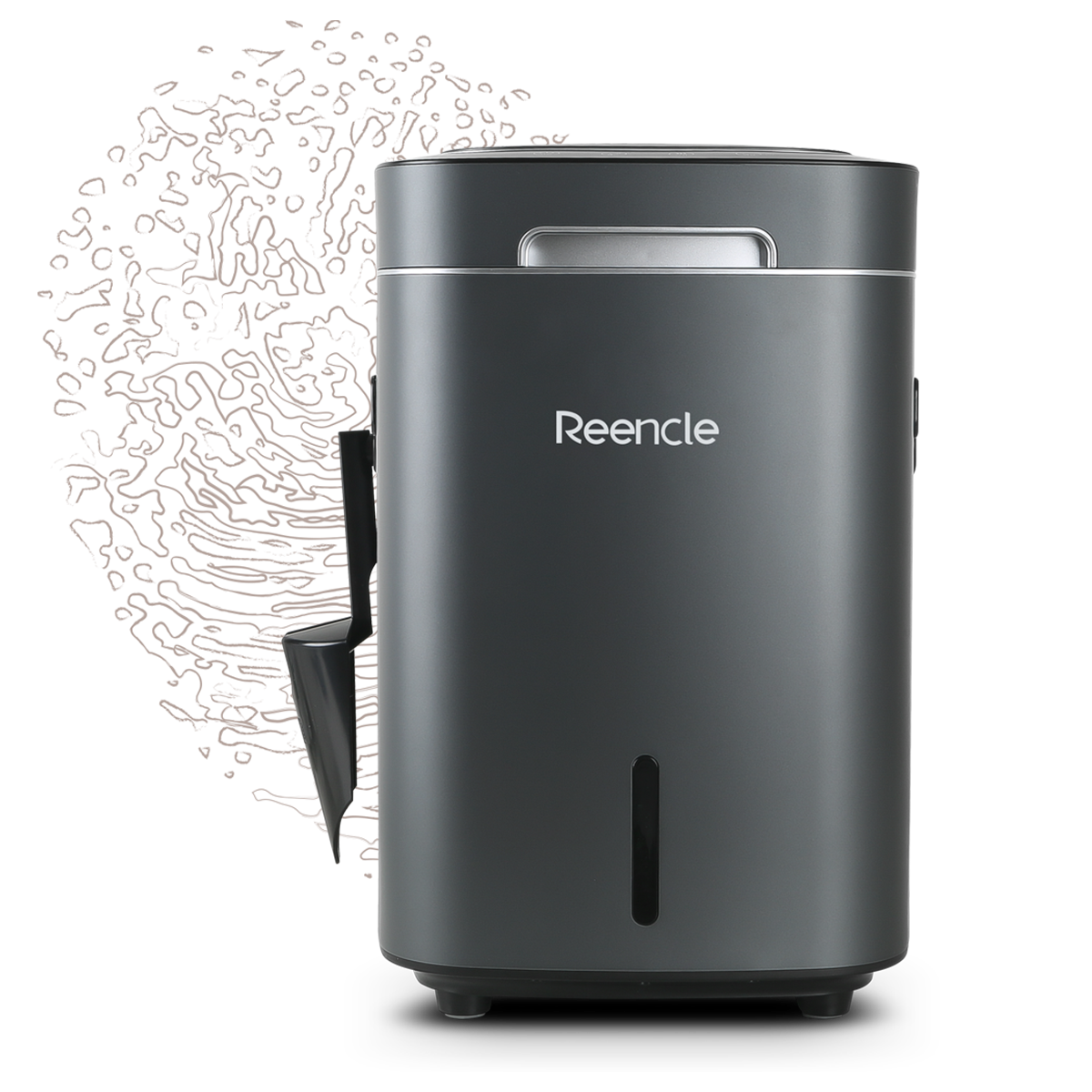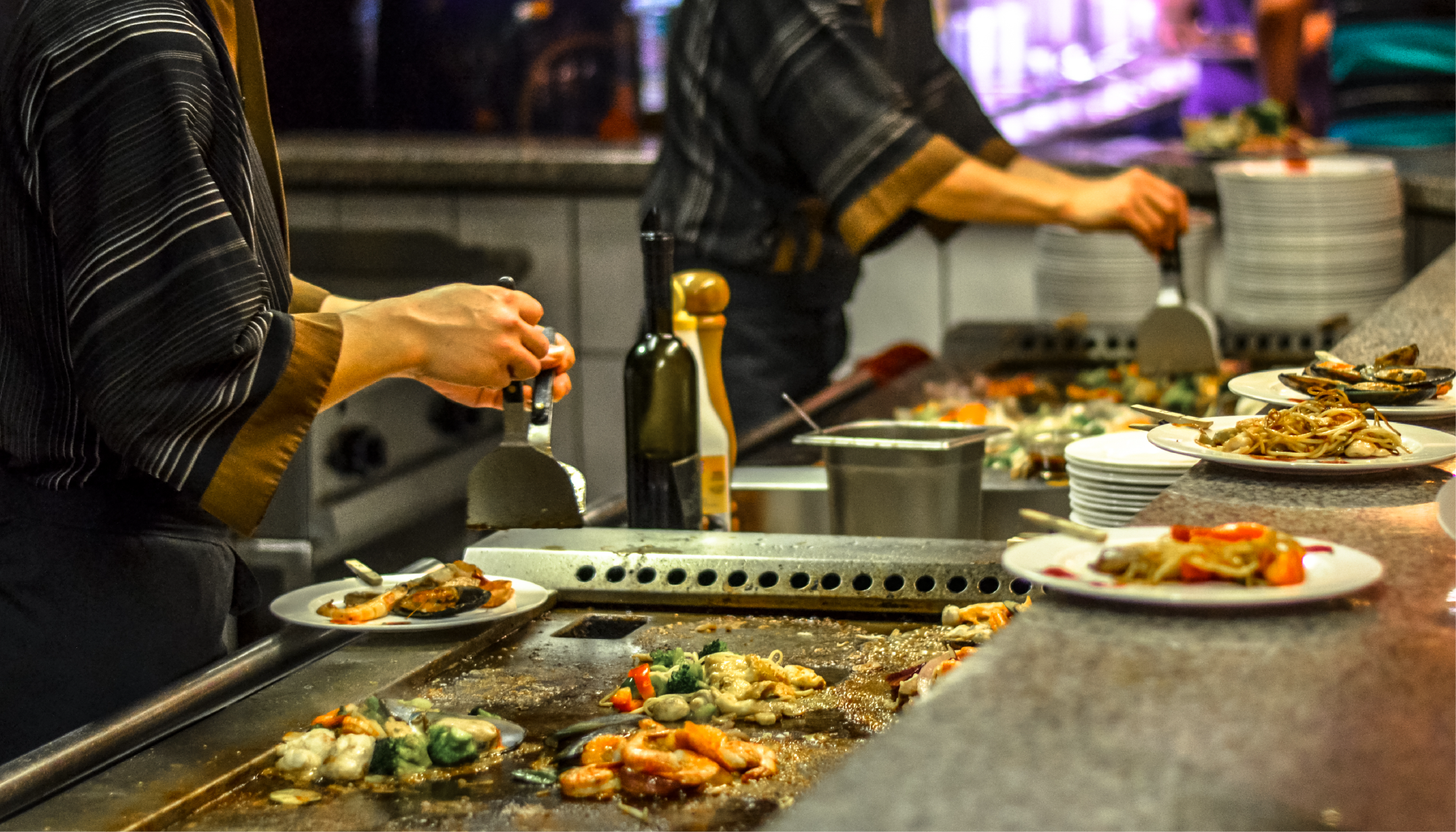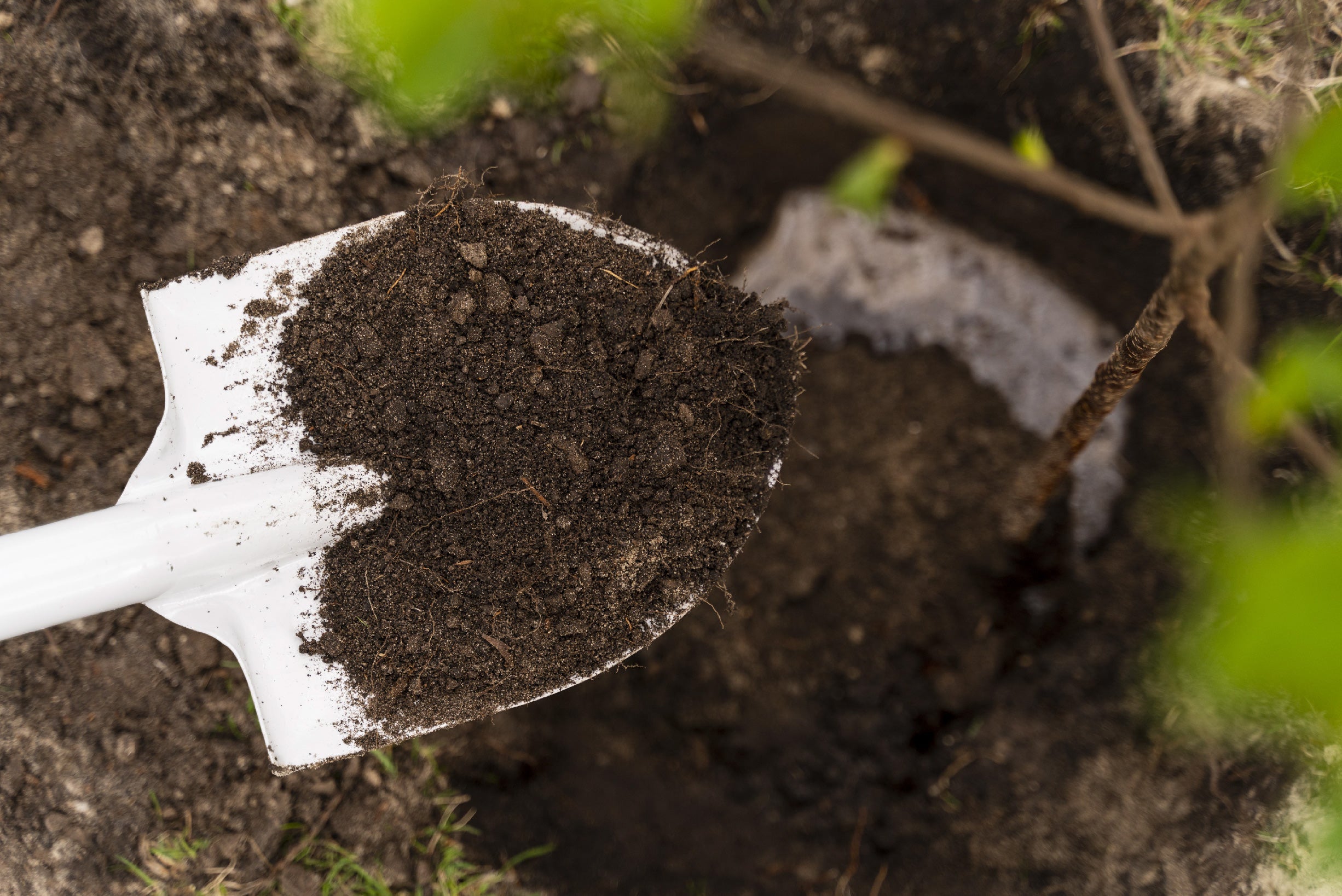What can you compost? A List of 100+ Items

Making your own compost is not just a sustainable practice but also a rewarding journey toward reducing waste and enriching the soil in your garden or green space.
The earthy aroma of damp leaves, the crunch of turning a compost pile, and the thrill of witnessing kitchen scraps turning into black gold are the magic of composting.
1. Introduction
When you embark on the journey to composting at home, every vegetable scrap, fallen leaf, and eggshell will start to feel like a tiny treasure, not waste, and will join the ever-growing compost pile.
But amidst the excitement, you may have often come across a nagging question:
Am I doing this right? What exactly can I compost?
From questionable pizza crusts to mysterious garden clippings, the world of compostables seems like a vast and uncharted territory, leaving you wondering what goes in a compost bin.
But fear not, fellow green thumbs! In this enlightening exploration, we present a comprehensive list of 100 items that demystify the art of composting—clarifying what can be the backbone of your compost pile and how to turn your organic waste into nutrient-rich black gold for your garden.
So roll up your sleeves and get ready to turn waste into wonder.
2. Basics of Composting
Before we explore the list of items you can use to make your own compost, let’s understand the basics of composting. Composting, at its core, is a natural process that transforms organic matter into a nutrient-rich soil conditioner. Composting is the controlled decomposition of organic materials through the activity of microorganisms, turning kitchen and garden waste into a valuable soil amendment.
3. The Process of Composting
Composting is a cyclical process that involves several stages, each playing a crucial role in the decomposition and creation of compost.
● Stage 1 -Collection : Gather a mix of green (nitrogen-rich) and brown (carbon-rich) materials. This can include kitchen scraps, yard waste, and more.
● Stage 2 - Piling : Layer the materials to optimize the carbon-to-nitrogen ratio, which is essential for microbial activity.
● Stage 3 - Decomposition : Microorganisms break down the organic matter, generating heat and causing the pile to decompose.
● Stage 4 - Curing : Allow the compost to cure or mature, ensuring the breakdown process is complete and the compost is stable.
4. What Can You Compost?
This versatile and eco-friendly process allows you to turn a wide array of household and garden waste into nutrient-rich compost. However, amidst the enthusiasm for composting, confusion often arises about what can and cannot be tossed into the compost bin.
Let's unravel this mystery and explore the fascinating world of compostables, discovering the list of items that can seamlessly integrate into your compost pile to nurture a thriving and sustainable garden.
5. Kitchen Items
Here is a list of kitchen items you can add to your compost:
6. Yard Items
Your backyard is a treasure trove of organic compost material. Here is a list of items from your yard that you can use for composting:
7. Bathroom Items
Bathroom items, often overlooked in composting, can make meaningful contributions to your compost pile. Bathroom items that can be tossed into the compost bin include:
8. Household Items
Household items, often considered waste, can find a second life in your compost pile. By incorporating these items into your composting routine, you not only divert them from the landfill but also contribute to the creation of nutrient-rich compost for your garden. Here is a list of items you can add to your compost bin:
9. Office Items
Embracing composting in the office not only minimizes waste but also fosters a sustainable and eco-friendly workplace environment. Here is a list of office items you can put into your compost bin:
10. Animal/Pet Waste
Composting animal and pet waste requires careful consideration due to potential pathogens. Here are some items from this category that can be composted with proper management:
11. Miscellaneous Items
Composting extends beyond the typical kitchen, yard, household, and office waste, welcoming a variety of items that might surprise you. Let’s explore the composting potential of miscellaneous items, turning what might be considered 'waste' into valuable contributors for your compost bin:
12. Conclusion
Composting is a rewarding and eco-friendly practice that anyone can adopt.
By composting a diverse range of materials, you contribute to healthier soil, reduce waste, and play a role in sustainable living.
As we've explored the extensive list of "What Can You Compost," it becomes evident that our daily waste holds immense potential to nourish the earth rather than burdening landfills.
So, gather your compostable items, nurture your compost pile, and witness the transformation of waste into a valuable resource. Happy composting!

















Leave a comment
This site is protected by reCAPTCHA and the Google Privacy Policy and Terms of Service apply.